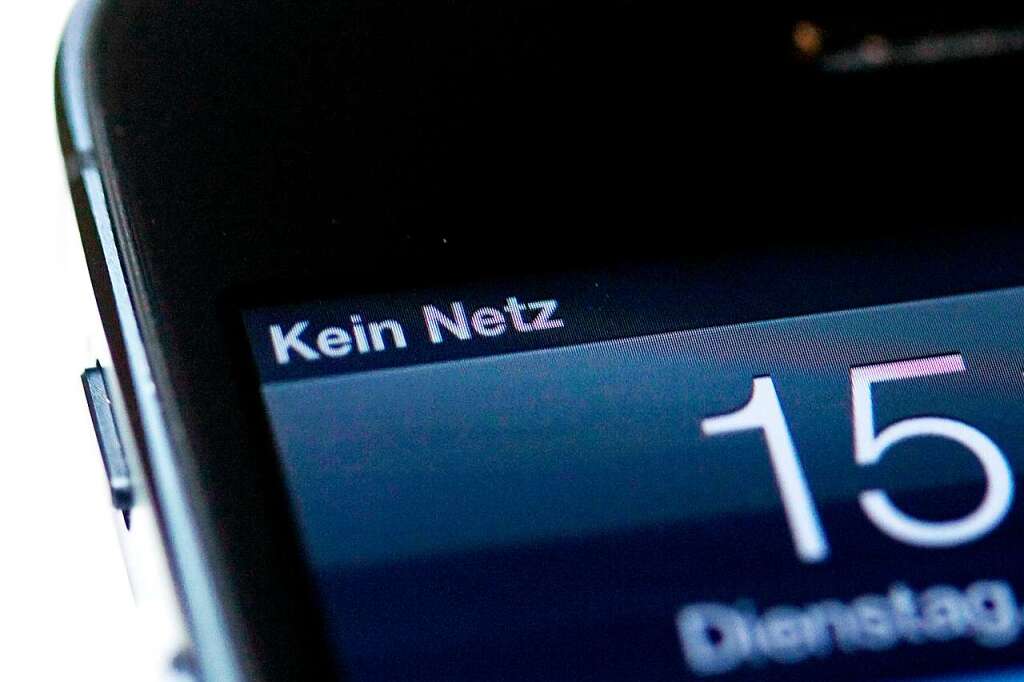The three South Baden chambers of industry and commerce have had cell phone coverage in the Freiburg administrative region examined – and are calling for the gap to be closed quickly.
The three chambers of industry and commerce (IHK) southern Upper Rhine, Hochrhein-Bodensee and Schwarzwald-Baar-Heuberg want to work together with all their might for the rapid expansion of 5G mobile communications and, until then, for closing the gap in LTE mobile communications in their respective chamber districts . “The topic is a top priority for me and my colleagues,” emphasized Eberhard Liebherr, President of the IHK Sdlicher Oberrhein, in a press conference.
In order to be able to exert a more effective and targeted influence on politics, the three chambers jointly had an analysis of the current status of network expansion carried out. The study covers the districts of Freiburg, Breisgau-Hochschwarzwald, Emmendingen, Ortenau, Lrrach, Waldshut, Konstanz, Schwarzwald-Baar, Rottweil and Tuttlingen. The result: there are still considerable gaps in LTE cellular coverage, especially along the Swiss border. According to the chambers, the mobile communications providers Telekom, Telefonica (O2) and Vodafone are now apparently planning to set up mobile communications systems in Switzerland in order to supply German users from there. “Here, too, we observe that things often run faster when it comes to infrastructure in Switzerland,” said Thomas Conrady, President of the IHK Hochrhein-Bodensee.
Switzerland and South Korea as role models
The chambers particularly consider South Korea as a model for the 5G expansion, the technical successor to LTE mobile communications. There, the cell phone antennas are distributed much more closely, as was emphasized when the IHK study was presented on Wednesday. “For the future development of our regional economy, it will be decisive whether a comprehensive and efficient expansion of mobile communications and broadband can be implemented quickly,” said Liebherr. A spokesman for the IHK Schwarzwald-Baar-Heuberg, which was in charge of the analysis, compared the importance of the 5G network with that of the railway network in the 19th century. It is essential to secure jobs and prosperity. Compared to LTE technology, 5G technology, which is much more powerful, more energy-efficient and virtually lag-free, is the basis for networking machines with one another and for technologies such as autonomous driving, smart energy supply and further developments in the medical sector.
–


